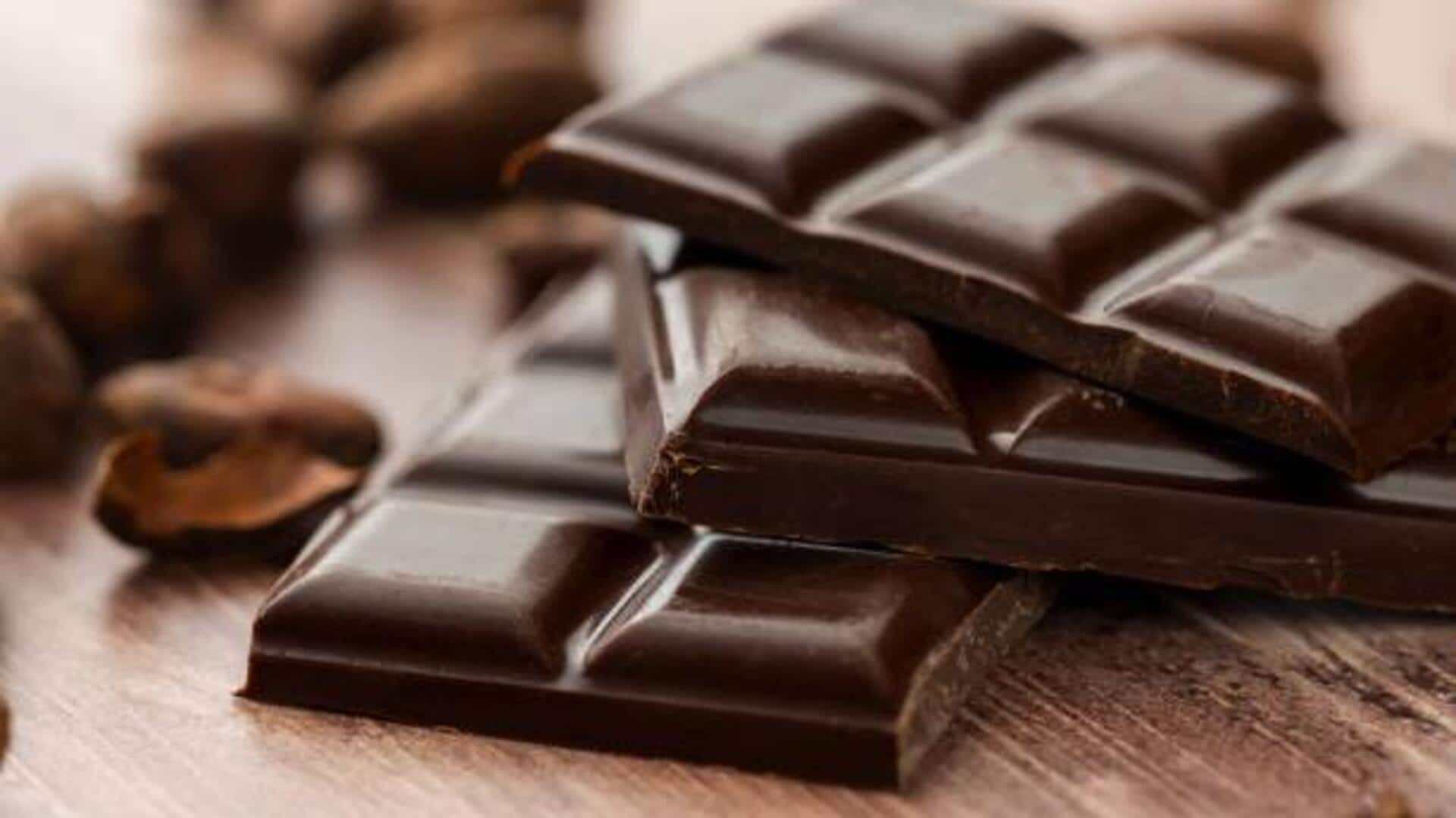
Does eating chocolate cause acne?
What's the story
The chocolate-acne debate has been persistent for years. Many feel that chocolate consumption leads to breakouts, while others argue that there's no direct correlation. This article attempts to explore the chocolate-acne relationship by looking at scientific studies and expert opinions. By separating fact from fiction, we hope to give a clearer picture of this prevalent concern.
#1
The role of diet in acne
While diet is important for healthy skin, its role in acne is nuanced. Some research indicates that high-glycemic foods may trigger acne by causing a spike in insulin levels, which in turn can increase oil production in the skin. But chocolate per se isn't high-glycemic unless it's loaded with added sugars. So, it's important to consider what kind of chocolate you're eating.
#2
Chocolate's ingredients and skin health
Chocolate has a number of ingredients that may impact skin health. Cocoa is itself packed with antioxidants that are good for the skin. However, milk and sugar (which are often present in commercial chocolates) can cause breakouts for some people due to their inflammatory properties. It is important to note the difference between pure cocoa and products with added ingredients when it comes to acne.
#3
Scientific studies on chocolate and acne
Research on the chocolate-acne link has yielded mixed results. Some studies found no significant link between eating chocolate and developing acne, while others suggest there could be an association depending on individual sensitivities or dietary habits. The lack of consensus indicates we need more research before arriving at definitive conclusions about this relationship.
Tip 1
Individual differences matter
Individual responses to chocolate consumption vary widely depending on genetics, lifestyle factors, and existing skin conditions. Some people may notice breakouts after eating chocolates or sweets with added sugar or dairy, while others see no changes at all. Factors like moderation and consistent skincare routines can influence these effects.